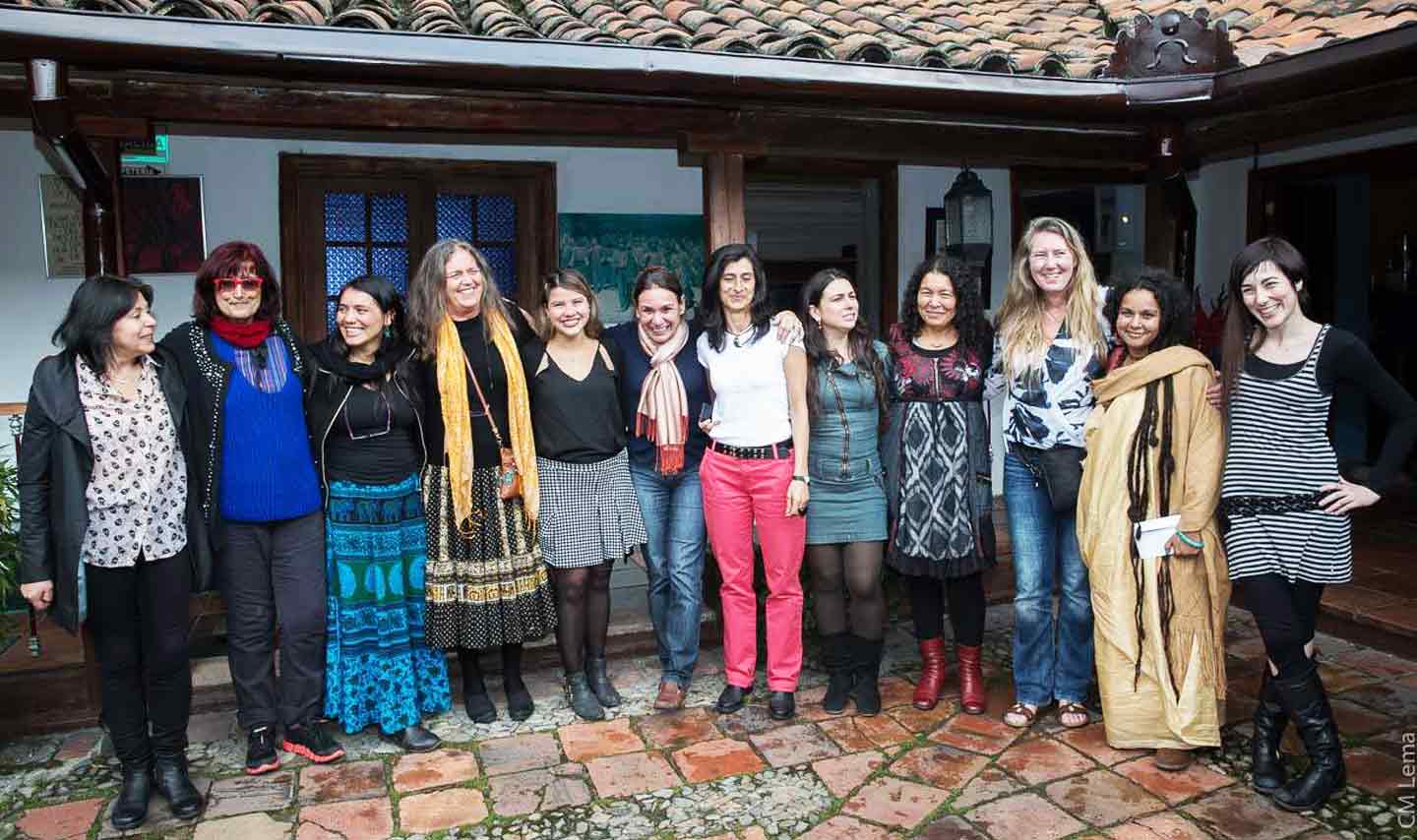Unnamed women

In 2004, I dedicated the fourth Transit Festival to Maria Alekseevna Valentej, the granddaughter of Vsevolod Meyerhold, a woman who had dedicated her life to redeem her grandfather’s memory and legacy, challenging the Soviet government to achieve her goal.
Why did I dedicate a women’s theater festival to those who have dedicated their life to the work of a man? The impetus came from the news of her death, after meeting her in Moscow in the house-museum she ran. Everyone will remember Meyerhold, but who will remember Maria, or Masha as she was called?
A similar impulse led me to direct the show Anonime, with the Mexican / Colombian actress Amaranta Osorio and the Spanish guitarist Teresa García Herranz. One of the starting points was the reality of the countless femicides on the border between Mexico and the United States.
The first improvisation had as its theme the silenced voices of the young women who disappeared in the desert. Anonymous tells stories of women, in a few sentences, to indicate destinies. There is not much to explain: the chronicles of many women raped, mistreated, disappeared are on the agenda.
Women have been anonymous in history because they had no voice or face, because they were not recognized, because they were relegated to a world of children, homes, convents, kitchens and decorations. Now they become anonymous because they are figures, numbers, statistics.
With the show I wanted to help give a name and face to simple and unrecognized women, as are the mothers and grandmothers of each of us. We walk on the shoulders of women who show us the way to create spaces of poetry, autonomy, empathy, subjectivity, solidarity and beauty.
Many anonymous women work with theater in situations of social exclusion, making theater political by other means.
The relationship with the audience fills what we do with meaning. It is a hope without illusions, but one that gives us the strength to move forward in the midst of an army of no names.
Julia Varley

